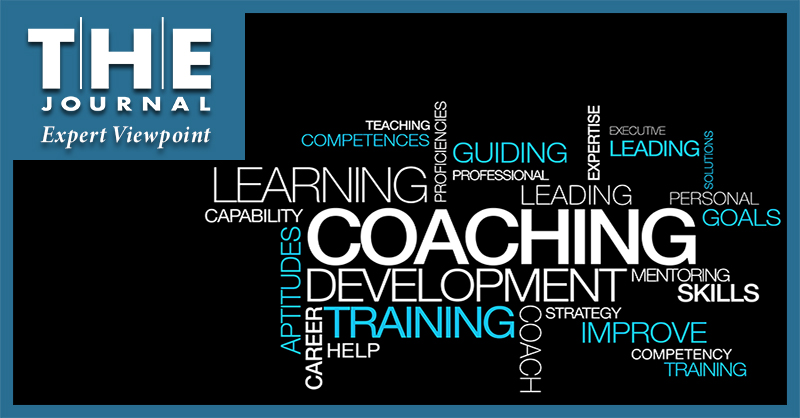
As districts consider their assessment processes and how they will be used to support student learning, asking questions, and determining the goals for an assessment can help. Building and maintaining a balanced assessment system is essential for schools, but the process can be complicated. School district leaders want to make sure they’re using and administering formative, interim, and summative assessments at the right times and in appropriate ways.

Educators and instructional technology experts Michael Jaber and Charley Suter describe the “endless” ways that ClassVR virtual reality headsets can help educators get students excited about learning — and share some incredible and surprising ways they are using ClassVR in schools, particularly for special education students, students with autism, and those with limited mobility.
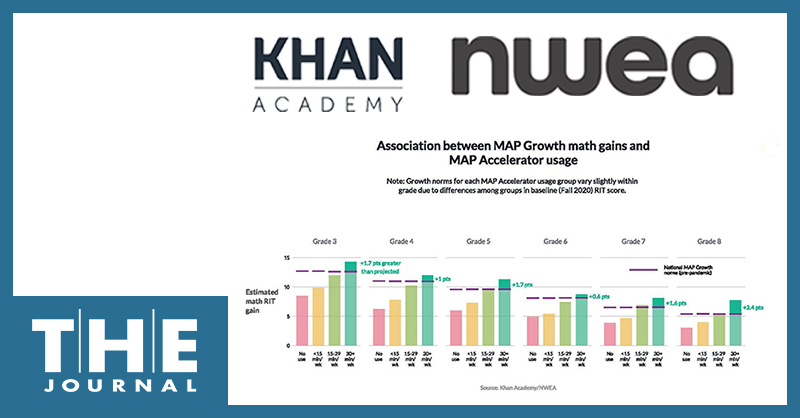
In a massive study conducted during the 2020–21 school year, education researchers at NWEA found that students using MAP Accelerator personalized math instruction for at least 30 minutes a week achieved surprisingly big gains across all grades and all demographic categories, according to the study results released today.

The U.S. Department of Education Office of Elementary and Secondary Education is now accepting applications for the Promise Neighborhoods program, which will award up to $18 million to four or five winning applicants later this year. The deadline to apply for the grants is Sept. 27, 2022.
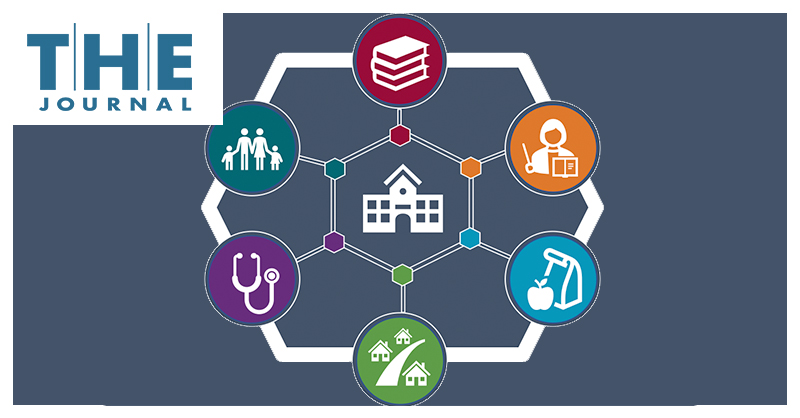
The U.S. Department of Education’s Office of Elementary and Secondary Education will host several webinars this week to provide guidance to local and state education agencies and community-based organizations interested in applying for the Full-Service Community Schools grant program, which will award up to $68 million to approximately 40 applicants later this year.
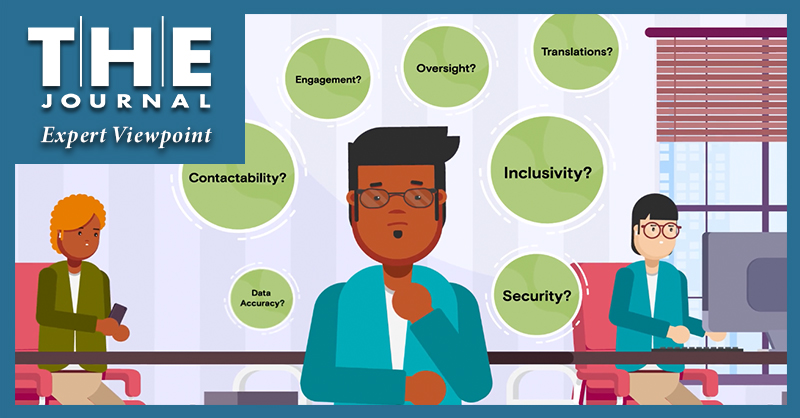
A district administrator explains how their new school-home communications platform gives them not just two-way communications with families, but also the ability to meet parents where they are — and how implementing the platform has solved numerous challenges for the district staff and teachers, for parents, and for students.

The industrial model of education seems worth dismantling; but in the push to increase creativity and individual expression, Silicon Valley has replaced Detroit as the reference point for the workplace we are preparing students for: “move fast and break things,” “hustle and grind,” emphases on hyper-success, hyper-creativity, and hyper-performance. Neither model will suffice if we want to change the world for the better.
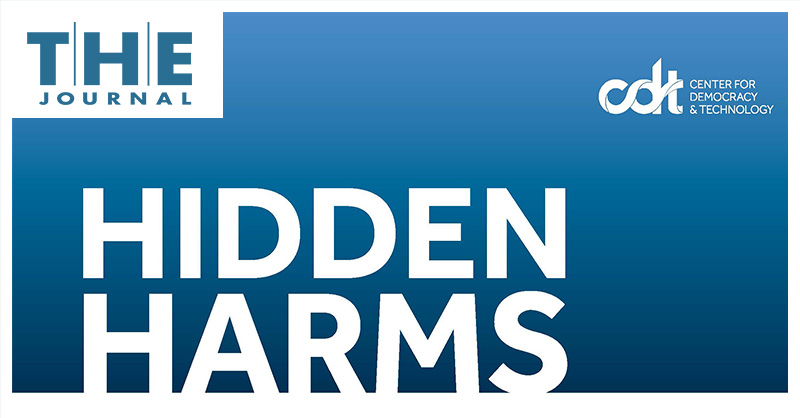
In an open letter this week to U.S. Department of Education Assistant Secretary for Civil Rights Catherine E. Lhamon, 15 education, technology, and civil rights nonprofits called for the department to put schools and online activity monitoring providers on notice that such monitoring must not result in discrimination or violation of students’ civil rights and liberties.
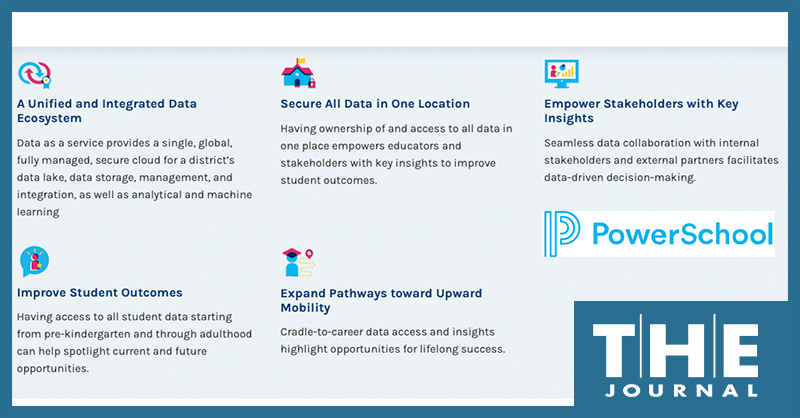
K–12 cloud-based software provider PowerSchool today launched a new Data-as-a-Service platform called Connected Intelligence that aims to unify, integrate, protect, and analyze school districts’ data from all sources as well as external data that impacts educators' decision-making such as labor market information, according to a news release.
A literacy and intervention director at a California district with a serious literacy issue — only 16% of its 22,000 students in TK–12 were reading at or above grade level districtwide — explains how they used technology to overhaul the district's literacy professional development program and address access and equity problems.